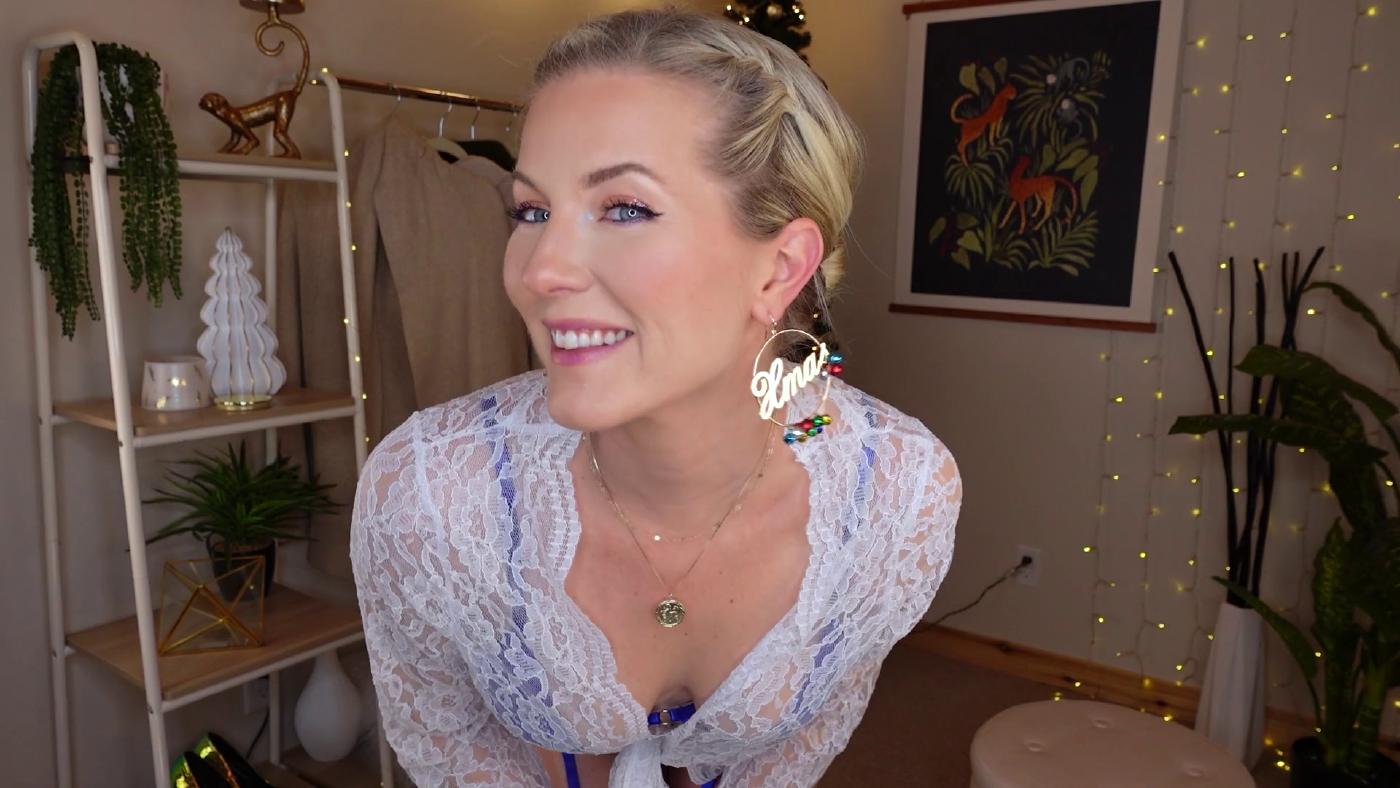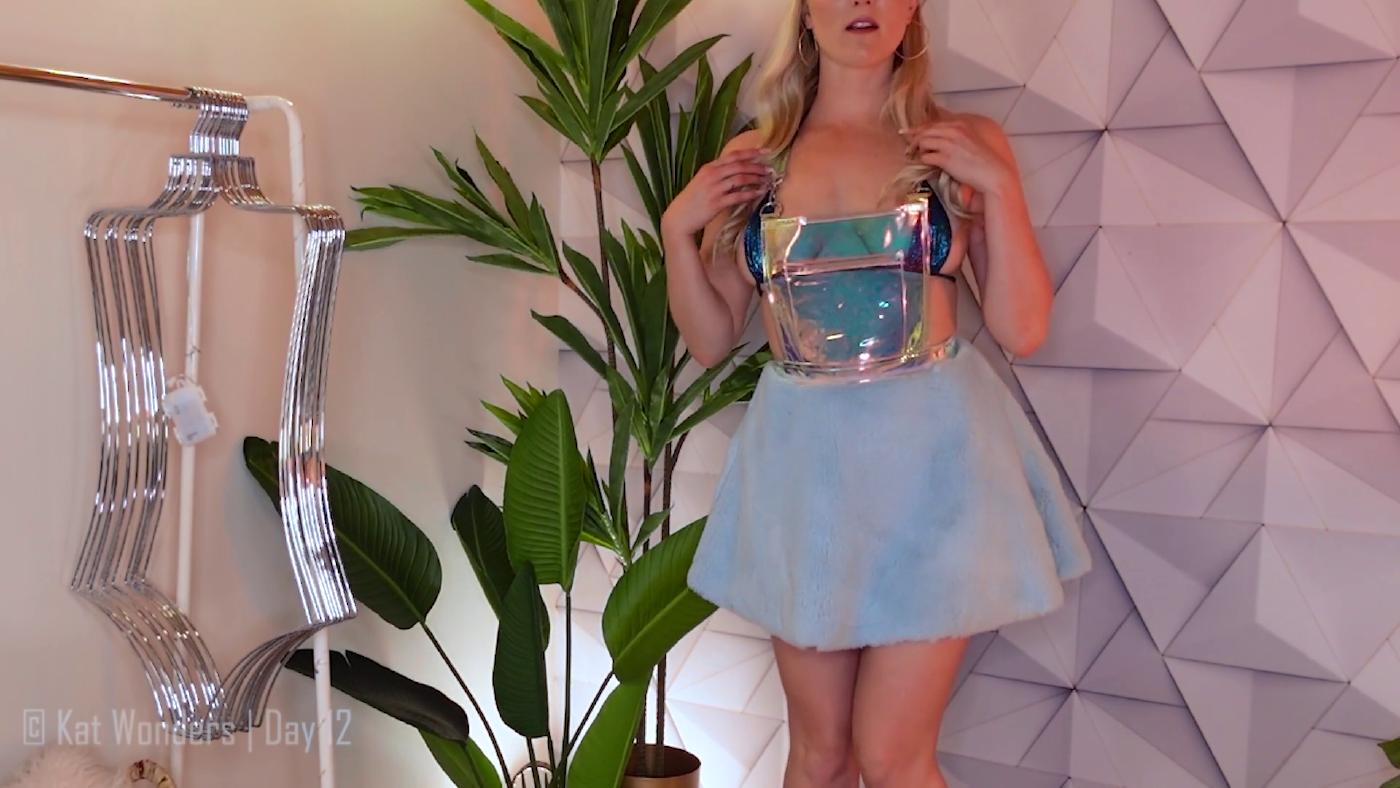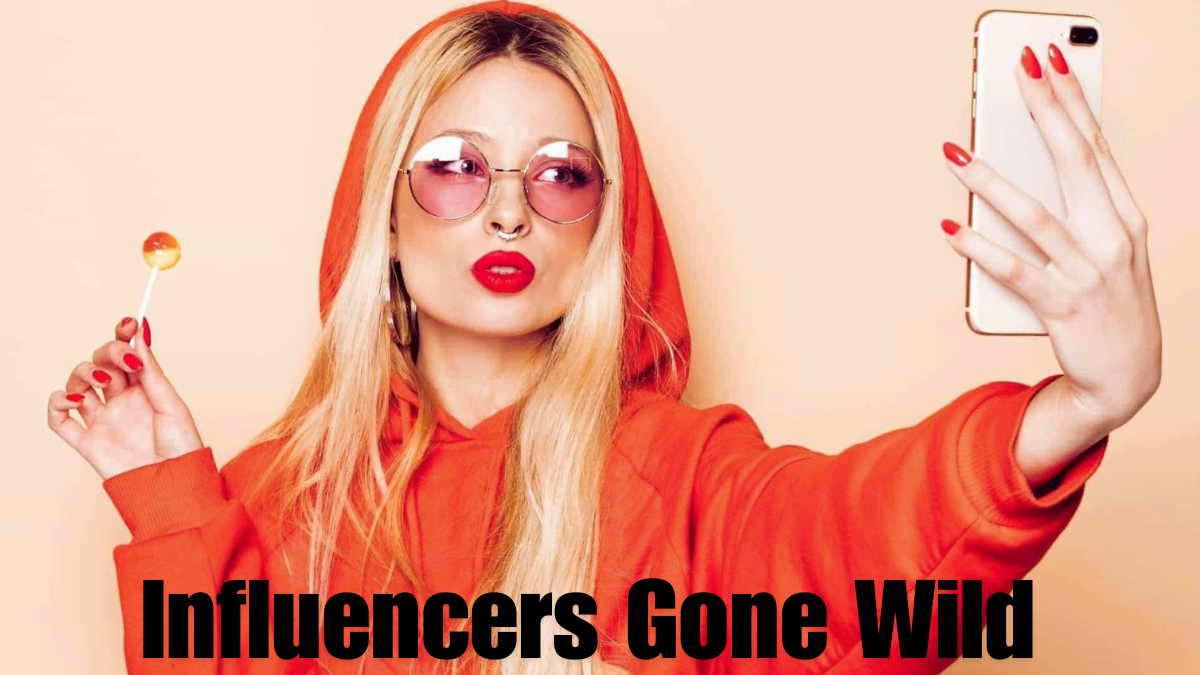Is the allure of online fame truly worth the price of ethical compromise? The rise of the "influencer gone wild" phenomenon casts a long shadow over the digital landscape, highlighting the potential for fame to corrupt and the devastating consequences that can follow.
The digital era has witnessed the ascendance of social media influencers, transforming ordinary individuals into cultural tastemakers who command attention and shape consumer behavior. From fashion and fitness to gaming and technology, these digital celebrities cultivate massive followings, captivating millions with their carefully curated content. This rapid ascent, however, has revealed a darker side to the pursuit of online celebrity.
The term "influencers gone wild" has emerged as a potent descriptor for the instances where influencers cross ethical, legal, or moral boundaries in their quest for relevance, attention, and ultimately, financial gain. These actions, often fueled by a desperate need to stay ahead in an oversaturated market, can range from reckless stunts and shocking choices to the promotion of dubious products and engagement in manipulative practices.
To further illustrate the dynamics at play, let's consider a hypothetical influencer, "Ava Sterling," a rising star in the beauty and lifestyle niche. While this is fictional, it represents the general themes that are being discussed:
| Category | Details |
|---|---|
| Name | Ava Sterling (Fictional) |
| Age | 27 |
| Niche | Beauty & Lifestyle |
| Followers | 4.2 Million (Approximate) |
| Known For | Makeup tutorials, lifestyle vlogs, product reviews |
| Career Highlights | Collaborations with major beauty brands, successful product line |
| Controversies | Promotion of a questionable skincare product with unsubstantiated claims, public dispute with a fellow influencer over sponsored content ethics. |
| Personal Life | Publicly shares details on relationship and health, a significant part of content strategy. |
| Reference | Forbes - Social Media Influencer Market Size |
The journey of an influencer often begins with passion. Whether its fashion, fitness, gaming, or travel, a dedicated fanbase can propel individuals to stardom with engaging content. These creators often find their path through a particular niche, establishing themselves as authorities within that area. But as the pressure to maintain relevance intensifies, some influencers find themselves tempted by the allure of going "wild."
The phrase influencers gone wild is an umbrella term encompassing various behaviors. These include situations where influencers engage in reckless, unethical, or controversial actions, often leading to public scandals and reputational damage. This can include everything from performing unsafe stunts for views to promoting products that are dangerous or scams.
One of the most concerning aspects of the "influencers gone wild" phenomenon is the impact on brand reputation. The dynamic nature of influencer marketing offers significant opportunities for engagement, but it also presents complex challenges. Brands that partner with influencers who engage in questionable behavior risk being associated with the controversy. The repercussions can range from a temporary dip in sales to long-term damage to brand image, leading to consumer distrust and decreased brand value. The James Charles' cancel culture moments, the case of the Tana Mongueau and Jake Paul wedding, and the infamous Fyre Festival, all underscore the risks.
The need for constant engagement and new content in an oversaturated market can push influencers to the edge. Traditional content forms, such as makeup tutorials or fitness routines, which once drew audiences, can sometimes feel mundane. Shock value is often employed. While some influencers may view these actions as necessary to maintain relevance, they tread a fine line between engaging their audience and crossing ethical boundaries.
The consequences of going "wild" can be severe. Public backlash, loss of followers, and damage to one's reputation are just the beginning. Legal repercussions can also be a factor, particularly if the influencer engages in illegal activities, promotes deceptive products, or violates advertising standards. Furthermore, the influencer might face a significant financial loss with the erosion of their brand partnerships and the decline in earnings from content.
The impact of influencers gone wild extends beyond the individuals involved. It shapes broader cultural norms, affecting lifestyle choices, moral standards, relationships, and fashion trends. They play a significant role in how people perceive the world and make choices. When influencers set a poor example or encourage dangerous behaviors, this can lead to real-world consequences, particularly for their younger followers who may be more susceptible to their influence.
As social media platforms evolve, audiences are also becoming more discerning. Content creators and brands are facing increased scrutiny, and consumers are increasingly aware of manipulative tactics. This growing awareness may lead to a shift towards more responsible and authentic content. The rise of this 'authenticity' in many ways is a push back to the gonewild trend. This is reflected in the greater success of influencers who are perceived as genuine and transparent with their audiences.
The challenges of staying relevant drive the influencer gone wild behavior, and it is important to understand this. The constant demand for fresh, engaging content can lead to drastic measures. They often resort to outrageous stunts and controversial actions. This approach does not always serve influencers well, especially in the long term. By recognizing these challenges, influencers can make informed decisions about their actions and the content they produce.
Brands also bear a responsibility in mitigating the risks associated with influencer marketing. A crucial step is thoroughly vetting potential partners. This includes reviewing their past content, checking their alignment with brand values, and assessing their track record. Transparent brand relationships are also key. Full disclosure of sponsored content ensures that consumers are aware of the contents promotional nature. This helps to build trust.
The evolution of influencer marketing will be shaped by several factors. Platforms themselves will need to enhance their enforcement of existing guidelines and regulations and the rise of newer ones as well. The more the regulatory frameworks strengthen, the more the influencer strategies must be aligned, and there may be adjustments to the advertising standards to ensure ethical behavior. The need for responsible actions on all sides is also present.
The stories of influencers gone wild serve as cautionary tales. They highlight the dangers of seeking fame at any cost. The focus of the influencer landscape on authenticity and ethical conduct will reshape the industry. The rise of responsible practices from social media influencers will also play a role in the evolution of the market.
By staying informed, setting boundaries, and prioritizing their mental and emotional health, influencers can avoid the traps of the "gonewild" phenomenon. It is about being mindful, making informed decisions, and creating content with long-term value.


